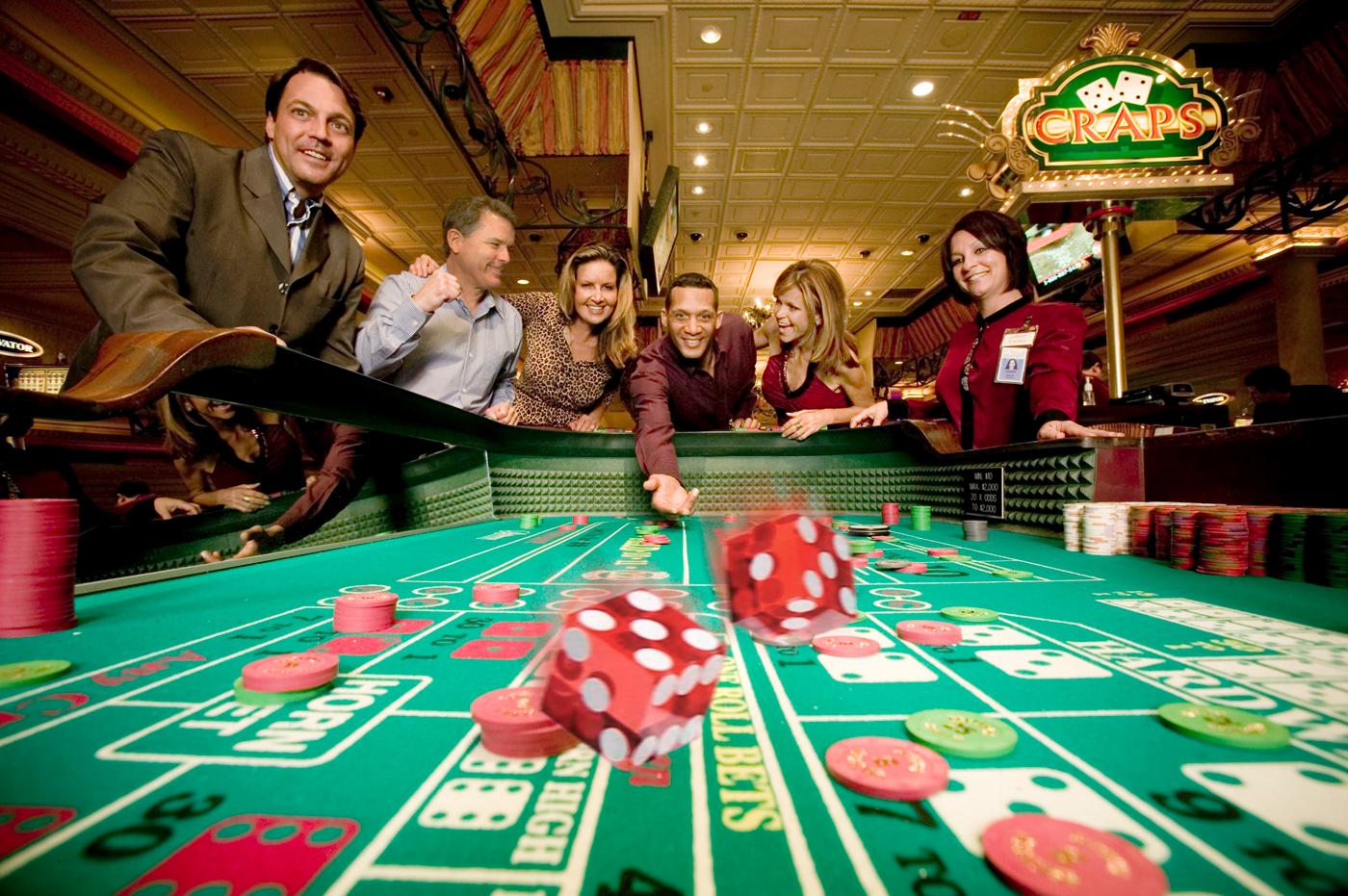
In the world of gambling, in which chance and strategy converge, a unique tapestry of beliefs manifests—one that intertwines luck, fate, and the enigmatic nature of casino games. Casinos, bustling with excitement and anticipation, are not just places for placing bets; they are also arenas in which superstitions thrive. From the novice player to the seasoned gambler, these mysterious practices often shape how individuals approach the games they play, holding the belief that their actions can affect the outcome in ways that go beyond mere probability.
As players gather around roulette wheels, blackjack tables, and slot machines, the atmosphere is thick with stories of lucky charms, rituals, and codified behavior that defy logic yet provide a sense of comfort. It could be the case that it’s wearing a specific outfit, following a particular sequence of bets, or even avoiding certain numbers, the attachment to various superstitions reflects a deep-rooted desire to manipulate the uncontrollable. This article delves into the captivating world of casino game superstitions, exploring the beliefs that both entertain and mystify those who dare to play.
Cultural Roots of Superstitions
Betting games have long been connected with an array of superstitions that can be traced to primitive societies. The beginnings of these notions can be connected to humanity’s innate need to influence the uncertain outcomes related with fortune and chance. In ancient civilizations, activities of chance were often linked to religious practices. Gamblers would invoke blessings or seek favor from gods, believing that their actions could influence the results in their advantage. This groundwork laid the basis for the myriad of superstitions that proliferated as gambling evolved over centuries.
During the Middle Ages, betting became a common hobby across European nations, and with it, a diverse tapestry of superstitions developed. Players adopted various rituals and charms, believing they could affect the outcome of games. The importance of numbers, in particular, emerged to show in superstitions around card games and dice. The number seven was often considered favorable, while various numbers carried negative connotations. These beliefs mirrored the societal contexts of the time, adapting as they passed through generations and changed to different gaming environments.
As gaming establishments developed in the seventeenth century, particularly in Italy and France, the atmosphere surrounding gambling became saturated in enigma. The growing accessibility of gambling activities allowed for the spread and diversification of superstitions among players. Concepts like fortunate charms, special seating positions, and rituals gained importance, creating a distinct culture within casinos. As these traditions continued to thrive, they became essential to the character of gambling activities, illustrating how historical developments and culture shape the convictions that influence how players engage with chance.
Popular Gambling Superstitions
Beliefs surrounding casino games are plentiful and diverse, reflecting the dreams and fears of players as they engage in random activities. One of the most common views is that certain digits bring luck or misfortune. For example, the number 7 is often seen as a favorable digit, frequently embraced by gamblers looking for a positive result. Conversely, the number thirteen is routinely considered cursed, leading many players to avoid it during their gaming sessions.
Another frequent belief relates to rituals that gamblers believe can influence their odds. It could be blowing gently on the dice before a throw, using a particular hand to place a bet, or even wearing particular items of attire, many people feel that these actions can tilt fate in their benefit. These practices offer a feeling of power in an otherwise random environment, strengthening the idea that fortune can be manufactured through individual beliefs and customs.
Lastly, the environment and vibe of the casino itself contributes to myths. Many gamblers suggest that the presence of specific icons, such as four-leaved clovers or lucky tokens, can enhance their chances of winning. Additionally, players might adhere to the belief that winning streaks can be interrupted by mundane events, such as a person walking past or a accident at the gaming surface. The shared environment in a casino can amplify these beliefs, creating a communal culture of superstitions that transcends single experiences.
Impact of Superstitions on Players
Superstitions play a important role in the mindset of casino players, often affecting their actions and decision-making. Many gamblers believe that fortune can be influenced through various rituals, such as donning a talisman, choosing particular hues, or steering clear of particular digits. This dependence on superstitions can create a sense of authority in an environment that is inherently unpredictable. Players often feel more self-assured and engaged when they think that their actions could sway the outcome of a game in their favor.
The impact of these superstitions extends past individual players, affecting the overall atmosphere within the casino. BL555 For example, a player who holds the belief in the luck of a particular slot machine might attract a gathering, as others are intrigued by their apparent luck. This shared belief can amplify excitement and create a lively environment, leading to an captivating experience even for those who may not necessarily be superstitious. The excitement around certain games can lead to higher participation and extended playing sessions, supporting the casino’s vibrant social scene.
In some cases, superstitions can lead to detrimental effects for players. Relying too heavily on rituals can result in poor gambling decisions, as some may overlook basic strategies in favor of unfounded beliefs. Additionally, the pressure to perform rituals may increase anxiety and tension, diminishing from the pleasure of the experience. Ultimately, while superstitions can enhance the excitement of playing casino games, they can also lead to unwise choices that overshadow the fun and entertainment intended in the casino experience.
